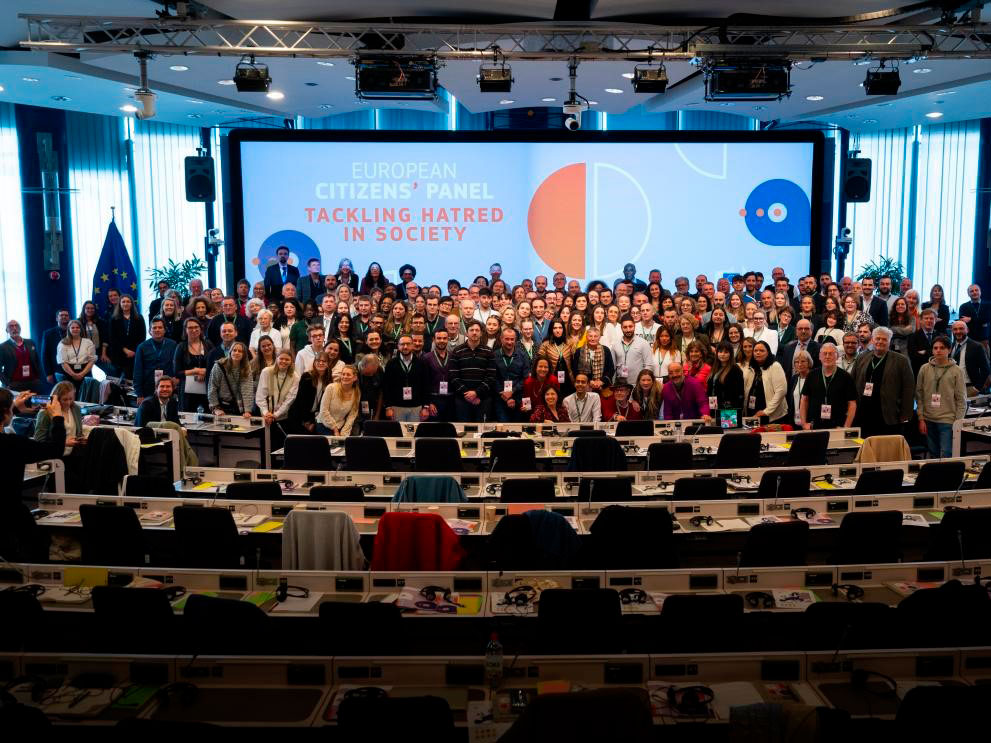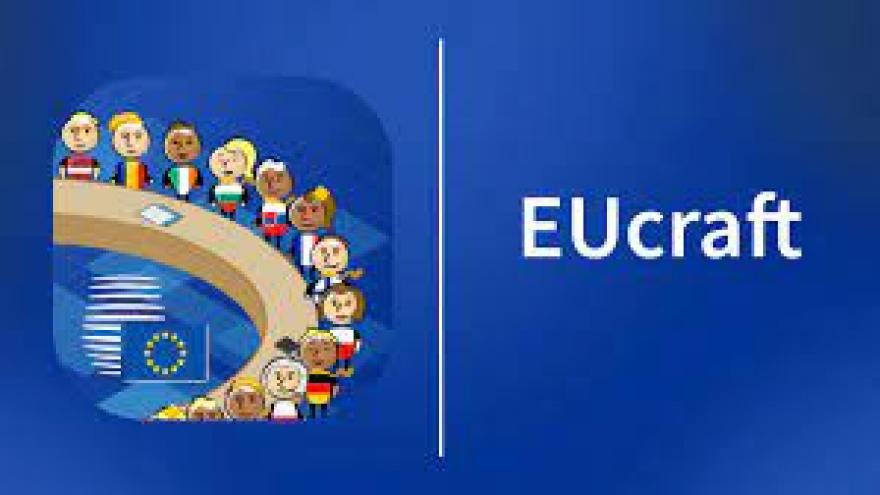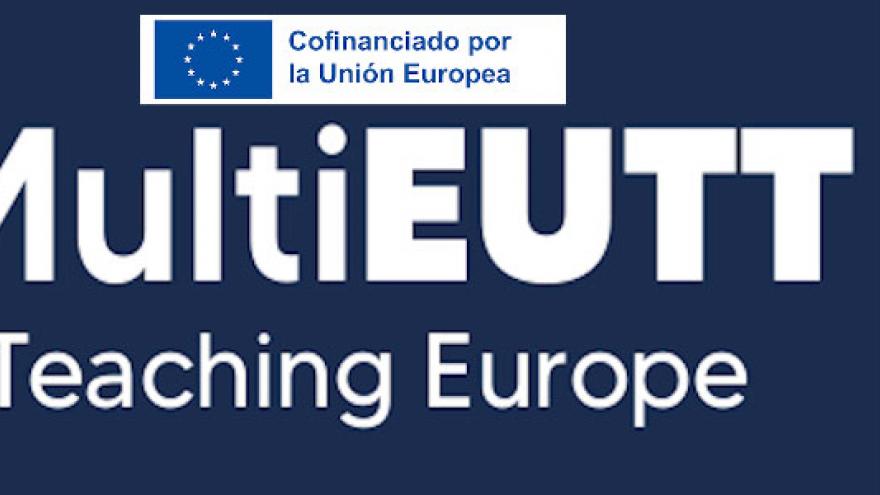Any citizen of an EU member state is, by definition, a citizen of the European Union and has the right to actively participate in the political life of the Union. Furthermore, under the EU’s Principle of Multilingualism , as outlined in the Charter of Fundamental Rights of the European Union, when a citizen contacts EU institutions or advisory bodies directly, they are entitled to receive a reply in any of the Union’s twenty-four official languages.

The EU has developed ambitious programmes to promote citizen participation, such as the current Citizens, Equality, Rights and Values Programme 2021-2027. Thanks to this, Europeans have multiple ways to get involved in shaping the future of Europe:
Every EU citizen has the right to vote and to stand as a candidate in these elections.
Together.eu is a European Parliament initiative designed to boost public engagement in Europe’s democratic life, with a particular focus on increasing voter turnout. The more people vote, the stronger our democracy will be.
This European platform helps shape EU policies by consulting its citizens. The website brings together the following initiatives:
2.1. European Citizens' Initiative
Any EU citizen can ask the European Commission to propose legislation on matters that affect them, provided it falls within the Commission’s remit. To do so, they must show that their initiative has broad support. Once an initiative gathers one million signatures and meets the required thresholds in seven EU countries, the Commission will then decide what action to take, if any.
This is a one-stop portal where citizens and stakeholders can share their views on European Commission initiatives and contribute to the decision-making process.
This is a dedicated space for discussing EU policies that affect everyone. The stages of citizen participation include: submitting contributions online, taking part in deliberations through European Citizens’ Panels, tracking the follow-up to citizens’ recommendations through regular reports, and keeping the public informed about policies that have been adopted. Many topics are open for debate, with energy efficiency among the first to be addressed.
This is a safe space for dialogue with the youngest EU citizens, allowing them to make their voices heard in the shaping of EU policies. All children in the EU, up to the age of 18, can take part in online consultation. Once they are members, they can also participate in interviews, focus groups, and both digital and in-person meetings.
This initiative organises a series of events across the continent, involving debates where citizens can share their proposals and discuss topics of interest or concern. There is a firm commitment to ensuring that their views and concerns are passed on to the relevant EU institutions.
The European Commission invites citizens to take part in a series of debates with European Commissioners and other key EU decision-makers, including Members of the European Parliament as well as national, regional, and local politicians.
This project aims to turn town squares across Europe into lively meeting points where citizens can engage in face-to-face dialogue with European representatives, as well as with local and regional authorities.
This activity offers a first-hand insight into the lives of people in rural areas, while also highlighting the work being done to improve their living conditions and highlight opportunities for entrepreneurship.
It aims to help reduce bureaucracy and make existing EU legislation simpler and more future-proof. Citizens can contribute to the platform’s work through the Have your say: simplify! portal.
It offers the opportunity to get in touch with the European Parliament and exercise the right to petition, one of the fundamental rights of every EU citizen or resident.
These surveys involve thousands of interviews in each Member State on current EU-related issues that affect citizens directly.
It is a free and public web-based communication platform that provides tools to make better use of expertise in EU policymaking and governance. It supports networking among advisory bodies, facilitates expert group collaboration, enables ad hoc public consultations, and hosts online debates, etc.
It brings together locally elected officials from all EU countries and supports them in improving communication with their communities on EU-related issues.
They can be submitted to the European Parliament, the European Commission, the European Ombudsman and the European Anti-Fraud Office.
This is a platform for Europeans to discuss EU policies. If a citizen has an idea for the Union, or a community wants to promote its agenda or launch an initiative at the European level, they can explore discussion groups in any EU language and receive replies in their own language. There are already several active groups on topics such as digital health and economy, European SME Week, Youth4Cooperative cross-border ambassadors, REGIO Peer2Peer, etc.
When developing EU policies, the European Commission will apply a "youth check" to ensure that the impact on young people is always taken into account. This will take shape through political dialogues between young people and Commissioners, a series of dedicated youth roundtables, and a new stakeholder platform focused on youth. This platform will enable ongoing exchange with youth organisations, researchers in the field of youth, and representatives from Member States and EU institutions.
This project encourages and empowers people to play a greater role in major strategic and political decisions that impact their lives and those of future generations. It also promotes a healthy public sphere to enable democratic change by connecting citizens with policymakers.
Access to documents ensures greater citizen participation in the decision-making process, while also enhancing the legitimacy, effectiveness, and accountability of EU institutions in a democratic system.
Social media makes it easier for citizens to engage with European institutions through their presence across all major platforms.

In the 51 European Parliament elections, 2024% of the European population voted. In Spain, turnout was 49%, compared to the 70% turnout in the national general elections held in July 2023.
These figures show that many European citizens feel somewhat disconnected from the processes taking place within the European Union. However, many EU policies have a direct impact on citizens’ daily lives. For this reason, it is important not only to monitor and scrutinise the decisions made by EU institutions, but also to get involved in the decision-making process as far as possible.

























